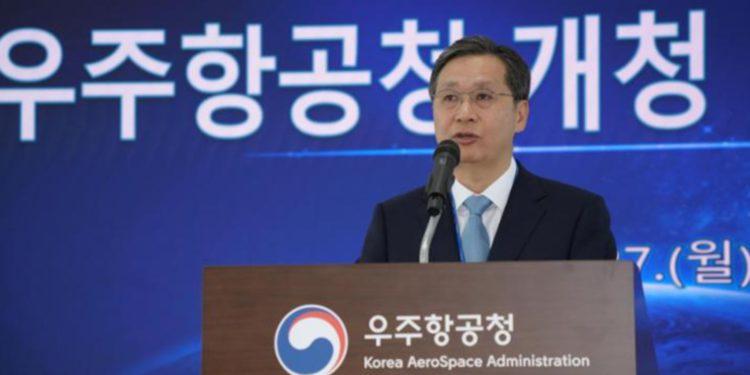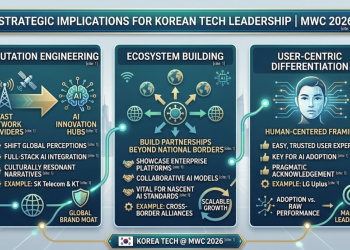South Korea officially launched the Korea AeroSpace Administration (KASA) on Monday in Sacheon. Established under a special law passed in January, KASA will unify government organizations responsible for space policy and projects to help make the country a global space powerhouse. KASA, South Korea’s first independent space agency, will lead policy and industrial development in the aerospace sector.
KASA’s administrator, Yoon Young-bin, expressed his excitement and sense of responsibility on the agency’s opening day. He emphasized the fulfillment of a long-held dream in the aerospace sector and stated that the establishment of KASA would be a crucial milestone in transforming South Korea into a leading space economy through the creation of a private-led space industry ecosystem.
KASA, located in Sacheon, South Gyeongsang Province, has a budget of 758.9 billion won ($556 million) and plans to expand its workforce from 110 to 293 employees. With its workforce of 293 being filled in phases, the agency is set to drive the nation’s ambitions, including a moon landing by 2032.
The government’s 2024 Space Development Promotion Action Plan outlines five major missions: space exploration, transportation, industry, security, and science. Yoon highlighted the need to prioritize support for the private sector to enhance the country’s competitiveness in the new space era, where private companies are driving innovation.
Previously, space matters in South Korea were managed by the Korea Aerospace Research Institute (KARI) and the Korea Astronomy and Space Science Institute (KASSI), with responsibilities dispersed across various ministries. The Ministry of Science and ICT (MSIT) acknowledged that this fragmented system hindered growth, leading to the creation of KASA to unify and streamline the country’s aerospace policies and initiatives.
Creating KASA and unifying the country’s space programs was a campaign pledge by President Yoon Suk Yeol, who took office in May 2022. The National Assembly passed a bill last year to establish KASA by integrating the Korea Aerospace Research Institute (KARI) and the Korea Astronomy and Space Science Institute (KASSI) under its jurisdiction. This legislation enabled space agency KASA to be launched with divisions dedicated to launch vehicles, space science and exploration, satellite technology, advanced aviation, aerospace policy, business, and international cooperation.
Administrator Yoon Young-bin highlighted KASA’s multifaceted roles, including establishing national aerospace policies, supporting talent and conducting R&D, promoting industry growth, and enhancing international cooperation. He also taled about the importance of balanced and harmonious collaboration among KASA’s diverse departments to ensure the agency’s success. He added the necessity of securing substantial budgets and making bold investments to position South Korea as a leader in the global space industry.
“The most important role of the space agency will be supporting the private sector to lead space development,” explained KASA chief Yoon Young-bin. The agency’s immediate priorities include joint projects with major space research institutions like NASA and JAXA. Additionally, KASA plans to explore economic cooperation projects with emerging countries, particularly those with recent aerospace MOUs, such as the UAE.
Yoon highlighted that securing ample budgets and making bold investments in key areas is crucial for South Korea to become a leader in the space industry. Despite being among the world’s top seven space powers, Korea still lags behind the top-tier countries. Presenting clear mid- and long-term space development goals, securing sufficient funding, and making strategic investments are vital for closing this gap and advancing Korea’s space capabilities.
Also Read:
- Tech Diplomacy: UAE President Sheikh Mohammed bin Zayed Al Nahyan Meets South Korean Business Leaders
- South Korea Unveils $19 Billion Boost for Semiconductor Industry
- 2026: The Year Hyundai’s N74 Hydrogen Supercar Debuts?
- Samsung Shuffles Leadership: Jun Young-hyun to Head Struggling Semiconductor Unit
- Uncertainty Looms: Has LG and Meta’s XR Partnership Hit Roadblocks?







